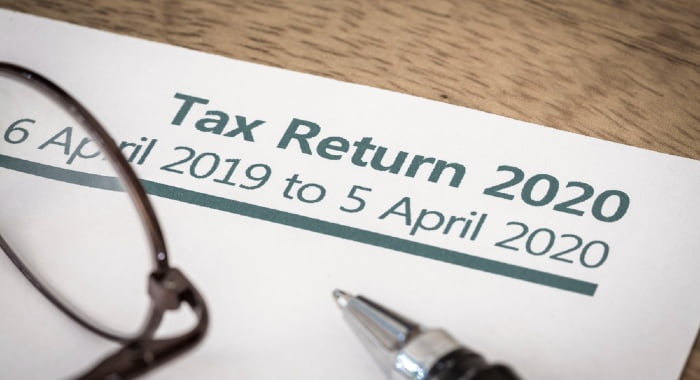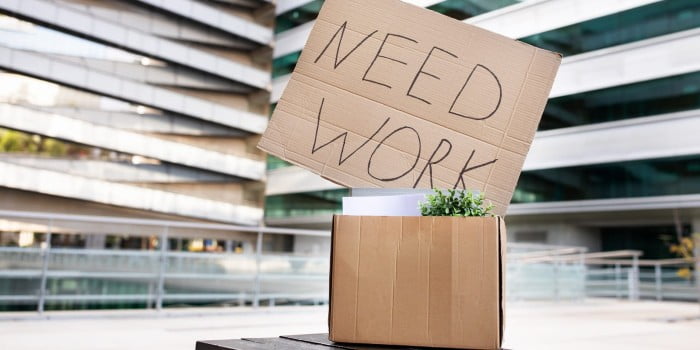Thousands of small business owners are at breaking point due to months of lockdown, restricted trading and money spent on anti-Covid measures.
For many, however, next Sunday’s tax payment deadline could be the final straw. Costs such as rent, rates, mortgages, utility bills and leases have all still had to be paid, while income has collapsed as a result of ten months of little or no money coming in.
In many cases, this has meant that money normally put aside to meet tax bills has been severely depleted, along with any cash reserves and personal savings.
Simply trying to keep a business going has come at a great cost to many owners. Yet now they face income tax bills from the previous financial year (to April 5, 2020), when the coronavirus pandemic was just starting to make an impact on the economy.
Leading business groups are calling urgently for an extension to the self-assessment deadline so as to give struggling businesses a much needed financial breathing space.
HMRC urged to extend deadline
Several organisations are also calling on the Government to extend the end- of-month deadline. The Association of Chartered Certified Accountants (ACCA) has been lobbying the Revenue and Customs for an extension, but has heard nothing so far.
Glenn Collins, head of technical advisory and policy, wrote to HMRC, urging them to reconsider and extend the deadline until the end of the tax year [April 5, 2021], in order to provide relief to businesses struggling to stay afloat.
Thus far, HMRC is standing its ground but says the automatic penalties for late filing will not be payable, although they are likely to be issued and then cancelled on appeal.
Mike Cherry, chair of the Federation of Small Businesses (FSB), commented that this has been a savage year for the self-employed. Bills have mounted, debts soared and revenues plummeted, even for those who’ve had some help.
The Government, he said, must manage responsibly the threat of looming tax bills and make clear it will help those who will struggle to pay.
What to do if you can’t pay tax owed
You or your accountant should still file your self-assessment form by the deadline at the end of the month, even if you can’t pay what you owe. If you fail to file by January 31, HMRC will automatically issue a £100 fine. But it has indicated that fines will not have to be paid if the delay has been caused by the pandemic.
If you cannot pay your self-assessment tax bill, you may be able to pay in monthly instalments as long as you owe less than £30,000 and you do not have any other debts with HMRC. However, interest will be payable on the outstanding balance from the beginning of next month.
If there are other tax bills you cannot pay due to coronavirus, contact the Revenue & Customs Covid-19 helpline on 0800 024 1222 or via its chatroom via gov.uk.
Banks raid accounts to seize back Covid loans
In other Covid-related news, banks are raiding business accounts to recoup emergency bounce back loans that were obtained fraudulently. Sums of up to £50,000 have been seized from the accounts of hundreds of businesses. HSBC, Barclays, NatWest and Lloyds Banking Group have all begun freezing business accounts linked to suspected fraud.
The radical move to stamp out criminal activity comes after the National Audit Office (NAO), the Government’s spending watchdog, warned last year that taxpayers faced having to foot a bill of up to £26bn to cover fraud and defaults on Chancellor Rishi Sunak’s flagship business recovery scheme.
The seizure of funds is a wholly legal method sometimes used by banks to recover overdue credit card or loan debts from customers who have money deposited.
Banks are now coming under increasing pressure to weed out fraudsters. According to a Whitehall source, the Treasury issued a stark warning to banks last week to remind them of the importance of fraud checks. A spokesman for the banks pointed out that they already use anti-money laundering and fraud checks, as well as transaction monitoring.
A replacement for the bounce back loans scheme is likely to be announced in the Budget in March.






